An Interview with Utari Octavianty, Chief Sustainability Officer at Aruna
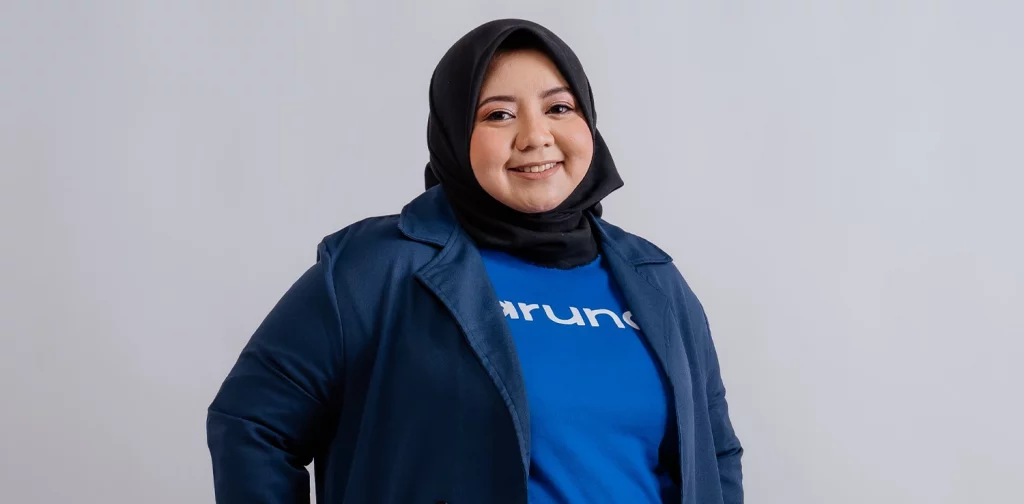
Utari Octavianty, Chief Sustainability Officer at Aruna | Photo: Aruna
“We get the best of both worlds, namely inviting more young people to be involved in the fishery industry and second is introducing new, worth-trying things to more coastal communities.”


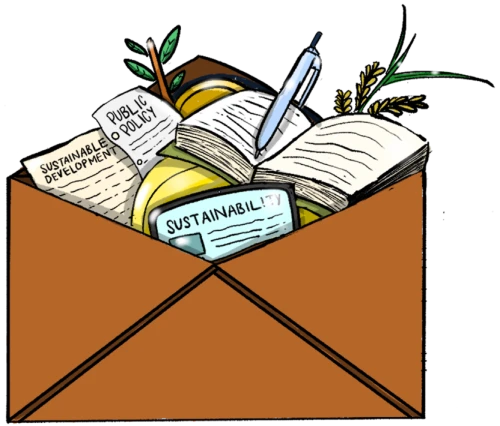
 Developing Financing Initiatives for the ASEAN Power Grid
Developing Financing Initiatives for the ASEAN Power Grid 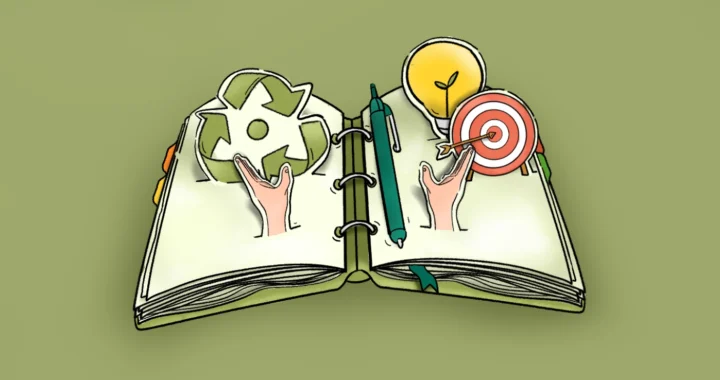 Imparting Actionable Knowledge Through Sustainability Training Activities
Imparting Actionable Knowledge Through Sustainability Training Activities 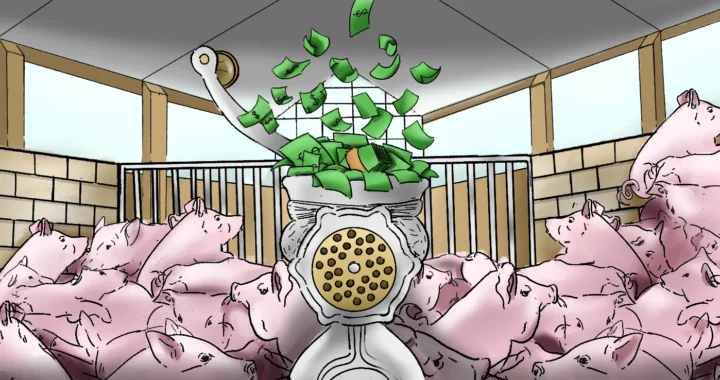 Stop Funding Factory Farming in Vietnam: Pathway to Financing a Just and Sustainable Food System
Stop Funding Factory Farming in Vietnam: Pathway to Financing a Just and Sustainable Food System 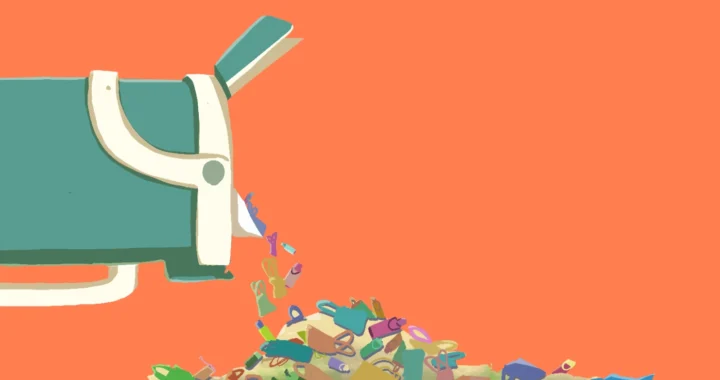 When Green Turns Excessive: The Overproduction and Overconsumption of Reusables
When Green Turns Excessive: The Overproduction and Overconsumption of Reusables 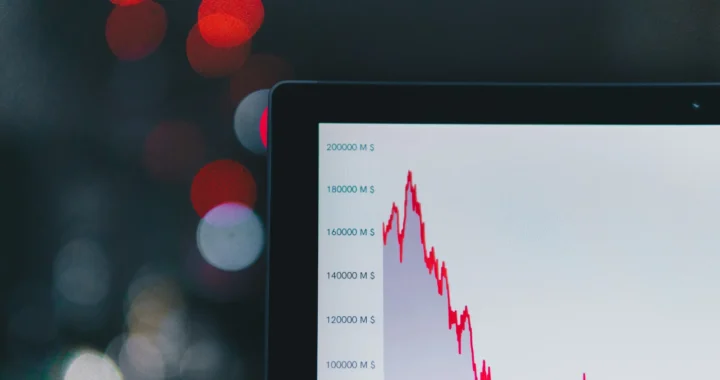 SDG Venture Scaler Aims to Drive Sustainable Investment in Southeast Asia
SDG Venture Scaler Aims to Drive Sustainable Investment in Southeast Asia  Improving Primary Education in Central Asia
Improving Primary Education in Central Asia